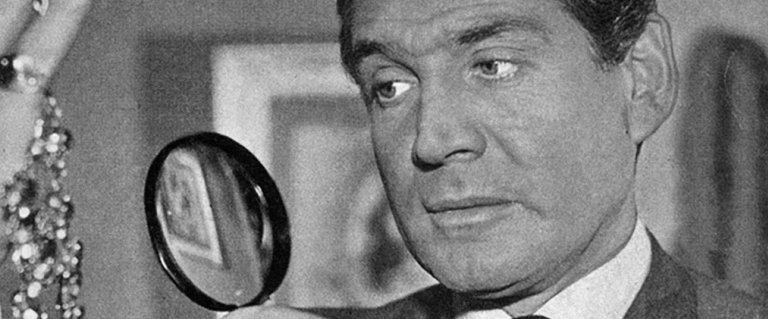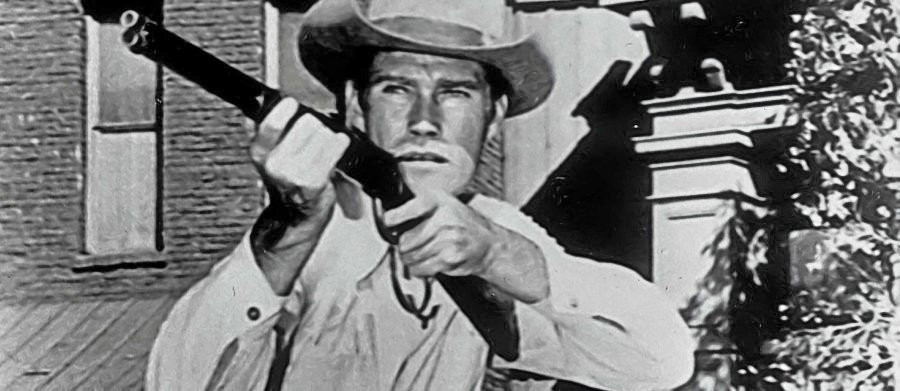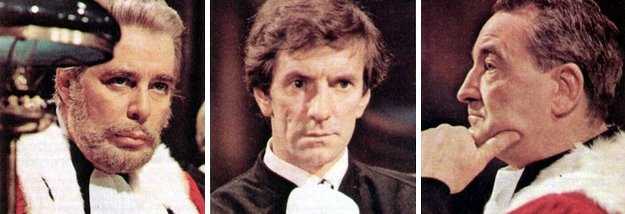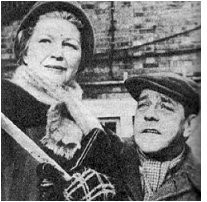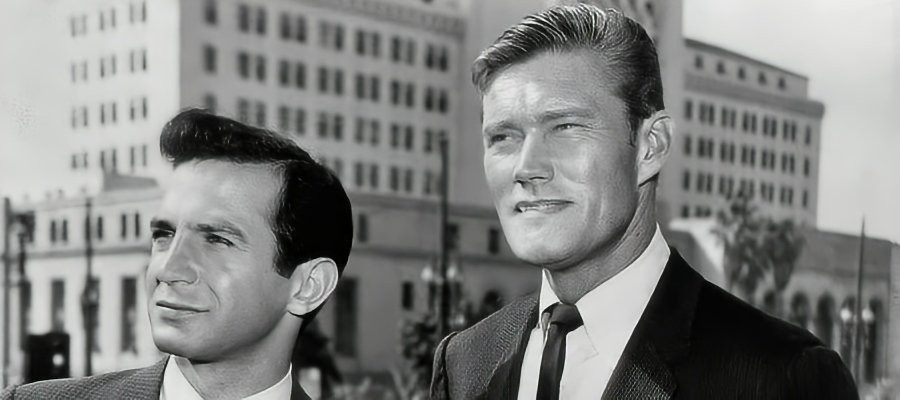
Arrest and Trial
1963 - United StatesBefore Law & Order turned the split-format crime drama into a global television franchise, there was Arrest and Trial—an innovative and ambitious series that aired on American television in the early 1960s. Though short-lived, lasting only a single season, the series left a subtle but significant mark on the genre.
Airing on NBC in 1963, Arrest and Trial was essentially two programmes in one, presented as a 90-minute drama each week. The first half followed Detective Sergeant Nick Anderson, played by the formidable Ben Gazzara, as he investigated a crime in Los Angeles, tracked down the suspect, and made the arrest. The tone was gritty, street-level, and procedural—very much a police drama of its era, but with a greater emphasis on the psychological and moral complexities of both criminal and cop.
Gazzara, known for his intensity and brooding charisma, brought gravitas to the role. His Anderson wasn’t a caricature of law enforcement, but a man deeply affected by the weight of his job, often caught in the grey areas between justice and duty. The scripts, too, leaned into this ambiguity, suggesting that catching the culprit was only half the story.
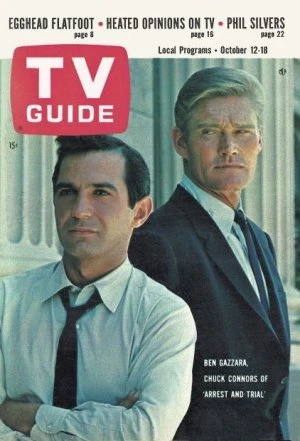
That other half—literally—was handed over to Chuck Connors as defence attorney John Egan. In the second 45-minute segment of each episode, the perspective shifted from law enforcer to legal advocate, and the crime drama gave way to courtroom theatre. Here, Egan fought to secure a fair trial and, more often than not, an acquittal for the accused.
Connors, best known for his earlier Western roles, brought a surprising warmth and measured intelligence to Egan. His legal strategies and moral dilemmas provided a counterweight to Anderson’s dogged pursuit of justice. This dual structure not only kept the format fresh, but also raised thought-provoking questions about the nature of guilt, the limits of police authority, and the role of the legal system in safeguarding civil liberties.
Despite its inventive format and a strong lead pairing, Arrest and Trial struggled to find a stable audience. At 90 minutes per episode, it was arguably too long for weekly broadcast, and the narrative shift midway through each episode may have confused viewers more accustomed to simpler storytelling structures. Consequently, NBC pulled the plug after just one season.
Nevertheless, the concept proved prescient. Decades later, Law & Order would revive the dual-format idea—first the police investigation, then the prosecution—albeit in a more compact 60-minute structure, with greater commercial success. While Arrest and Trial lacked the polish and longevity of its successor, it can be seen, in retrospect, as a prototype—a show ahead of its time.
Though mostly forgotten now, Arrest and Trial deserves recognition for its bold structure, serious tone, and exploration of justice from both sides of the courtroom. It may not have endured, but it certainly paved the way.
Seen this show? How do you rate it?
Seen this show? How do you rate it?
Published on November 28th, 2018. Written by Laurence Marcus for Television Heaven.


